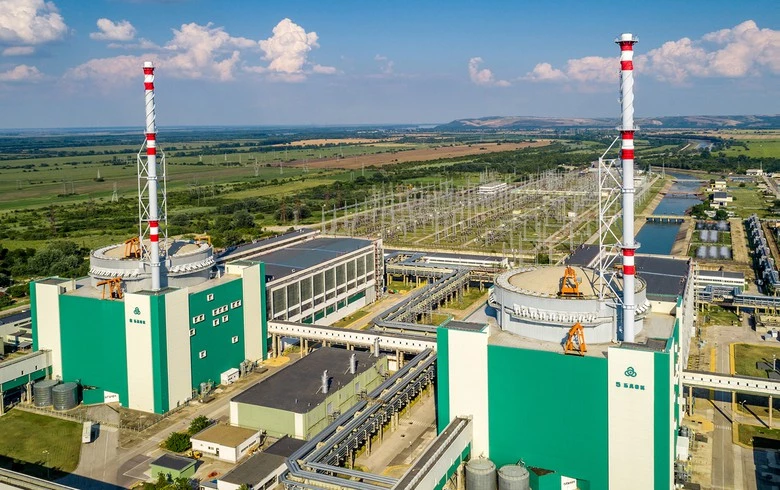Their reaction was in connection with a comment by the Ukrainian expert Mykola Steinberg, who was the chief engineer of the Chernobyl nuclear power plant from 1986 to 1987. He told the same agency that the sale of equipment and components for nuclear installations to other countries is subject to a special export control, so permission is needed from direct producers, that is, from Russia. Therefore, in order for there to be a sale, a tripartite agreement between Russia, Bulgaria and Ukraine must first be signed.
“We inform you that negotiations are indeed underway with the Bulgarian government for the purchase of two nuclear reactors for Ukraine for their installation at the sites of the unfinished units 3 and 4 of the Khmelnytskyi NPP”. This was confirmed earlier by the Minister of Energy of UkraineGerman Galushchenko in his comments to Ukrinform. “However, despite Mykola Steinberg’s statements, Ukraine is not conducting any negotiations and does not plan to sign any documents with Russia,” the company said.
According to information from Energoatom, in case of successful negotiations in Sofia, the American company Westinghouse will assist in placing the blocks. “At the same time, Ukraine will in no way depend on … (Russia) for the maintenance of the mentioned equipment,” the company added.
A week ago, Bulgaria and Ukraine began formal negotiations for the sale of the equipment for the Belene NPP, according to the decision of the National Assembly of Bulgaria.
Bulgaria has partially delivered equipment, which is not enough to build a whole new capacity. The dynamics in the energy sector are such that Bulgaria cannot afford to commit to a long, expensive and uncertain project. It must move quickly in sync with the common European energy market and invest in feasible new alternative capacities. Ukraine has a serious interest in Bulgarian equipment, which it needs to compensate for lost energy capacities, including as a result of the temporary occupation of the Zaporizhzhia NPP.

